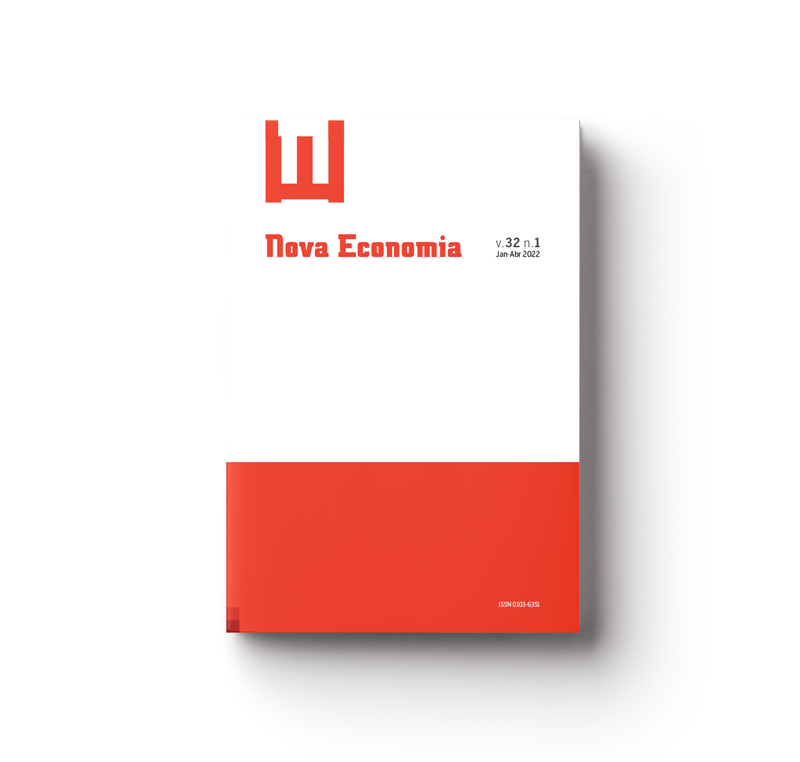Economia Circular e Atividades de Reparação e Manutenção no México: Especificidades e heterogeneidade de sua estrutura produtiva e trabalhista
Resumo
Resumo
Este trabalho contribui para o estudo da economia circular e, em particular, para atividades, por exemplo, de reparo, que prolongam o uso de bens já produzidos e em uso. São atividades circulares por natureza, que existem ao lado da economia linear, mas podem desempenhar um papel fundamental na transição para uma economia circular. Ela revisa a literatura e a experiência internacional e está se concentrando na análise das atividades de reparo e manutenção no México. É realizada uma análise empírica de suas características estruturais, destacando ao mesmo tempo sua especificidade e heterogeneidade, permitindo a identificação de barreiras e limitações ao seu desenvolvimento e sua competitividade em relação aos setores de produção e venda de novos bens e, consequentemente, o tipo de políticas necessárias para melhorar seu desempenho e impulsionar seu papel na transição para uma economia circular.
Palavras-chave: Economía circular, actividades de reparación y mantenimiento, sectores circulares, sustentabilidad, México.
Códigos JEL: D24, L8, Q57.
Downloads
Publicado
Como Citar
Edição
Seção
Licença
Copyright (c) 2022 Xavier Vence, Sugey de J. López Pérez

Este trabalho está licenciado sob uma licença Creative Commons Attribution 4.0 International License.
Autore[a]s que publicam nesta revista concordam com os seguintes termos:
- Autore[a]s mantém os direitos autorais e concedem à revista o direito de primeira publicação, com o trabalho simultaneamente licenciado sob a Licença Creative Commons Atribuição 4.0 Internacional que permite o compartilhamento do trabalho com reconhecimento da autoria e publicação inicial nesta revista.
- Autore[a]s têm autorização para assumir contratos adicionais separadamente, para distribuição não-exclusiva da versão do trabalho publicada nesta revista (ex.: publicar em repositório institucional ou como capítulo de livro), com reconhecimento de autoria e publicação inicial nesta revista.
- Autores têm permissão e são estimulados a publicar e distribuir seu trabalho online (ex.: em repositórios institucionais ou na sua página pessoal) a qualquer ponto antes ou durante o processo editorial, já que isso pode gerar alterações produtivas, bem como aumentar o impacto e a citação do trabalho publicado (Veja O Efeito do Acesso Livre).




